Geneva Global Governance Observatory

The GGO holds the most comprehensive collection of overlapping global governance data
an initiative of the PANARCHIC project funded by the Swiss National Science Foundation
States
575+ states from 301 CE incl. geographic, political, and economic variables
Trade
1,750 unique trade agreements and 9,000+ unique memberships from 7 datasets
Environment
10,300+ unique environmental agreements and 80,000+ unique memberships from 6 datasets
Health
250+ agreements, 39,000 memberships, and 200+ health organizations from 3 datasets
Our packages
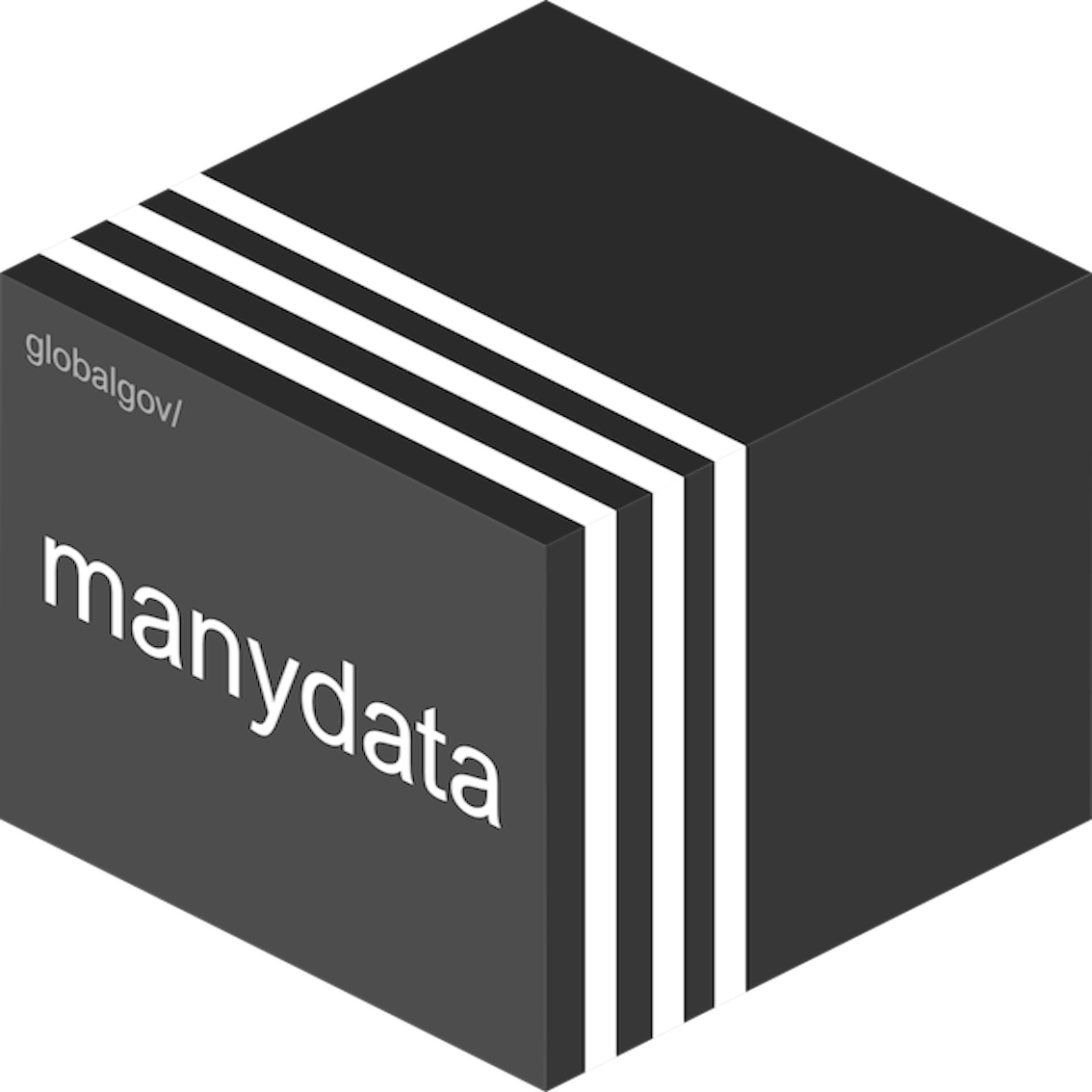
manydata
The portal for global governance data

messydates
R package for Extended Date/Time Format (EDTF)
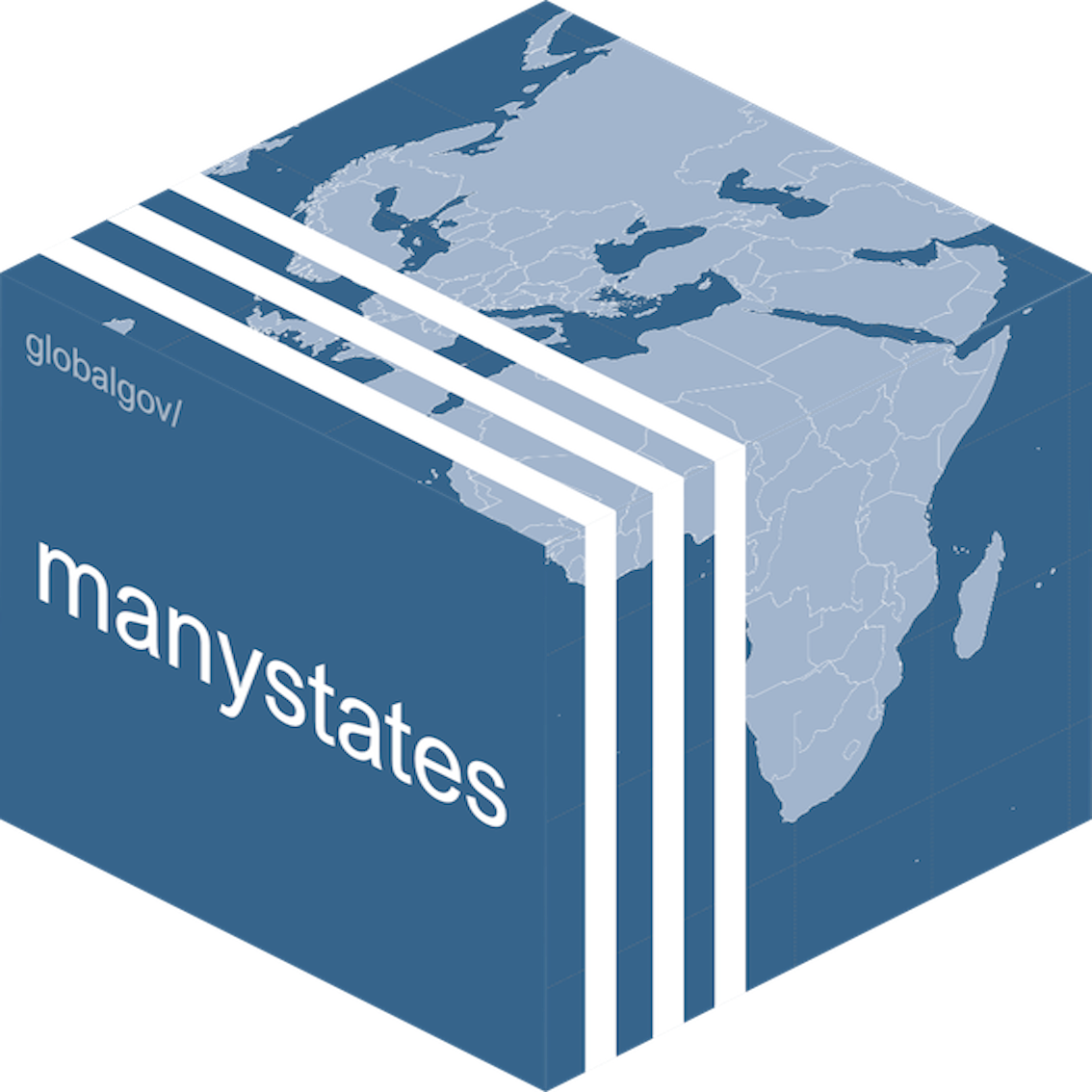
manystates
Data on sovereign states

manyenviron
Data on environmental agreements
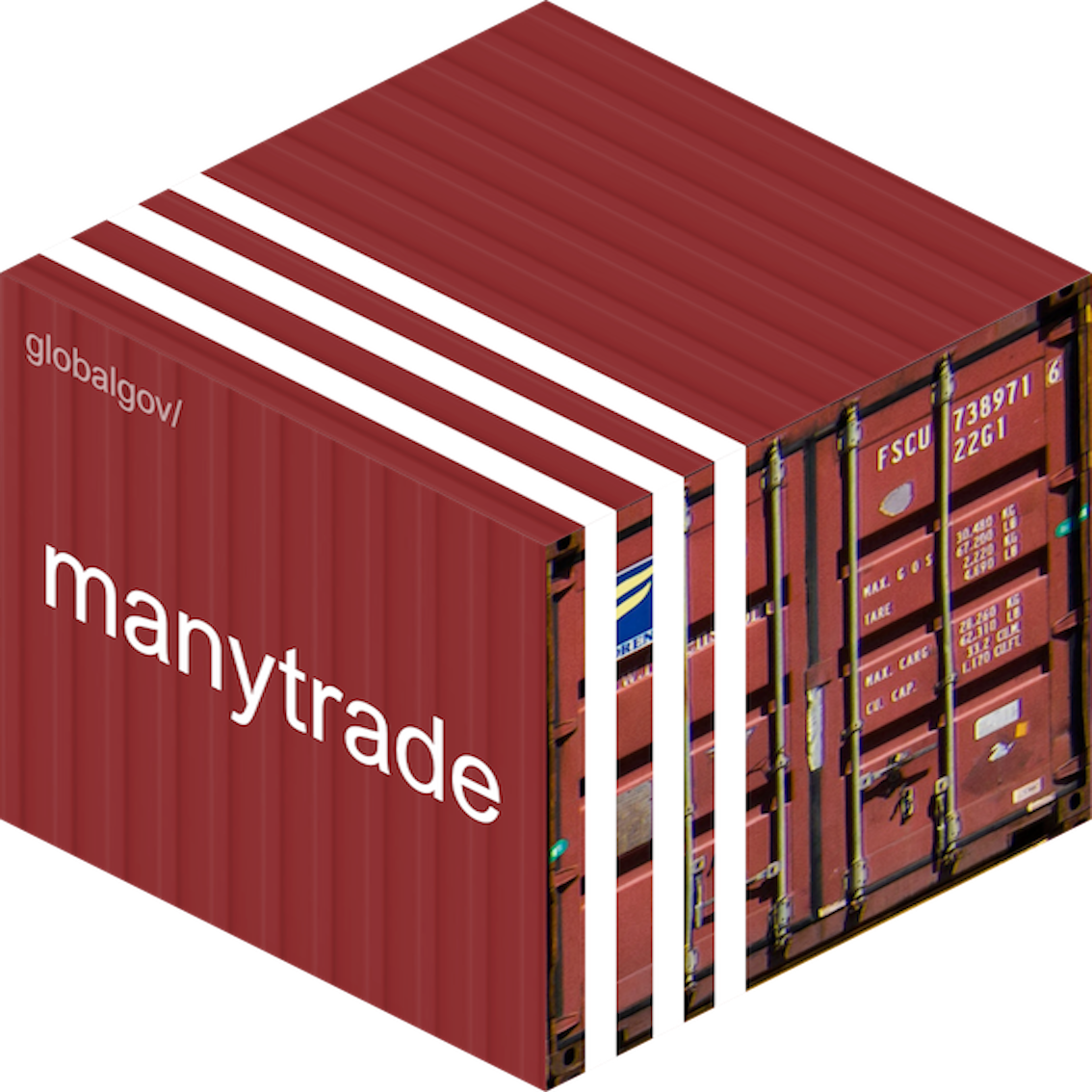
manytrade
Data on trade agreements

manyhealth
Data on health agreements
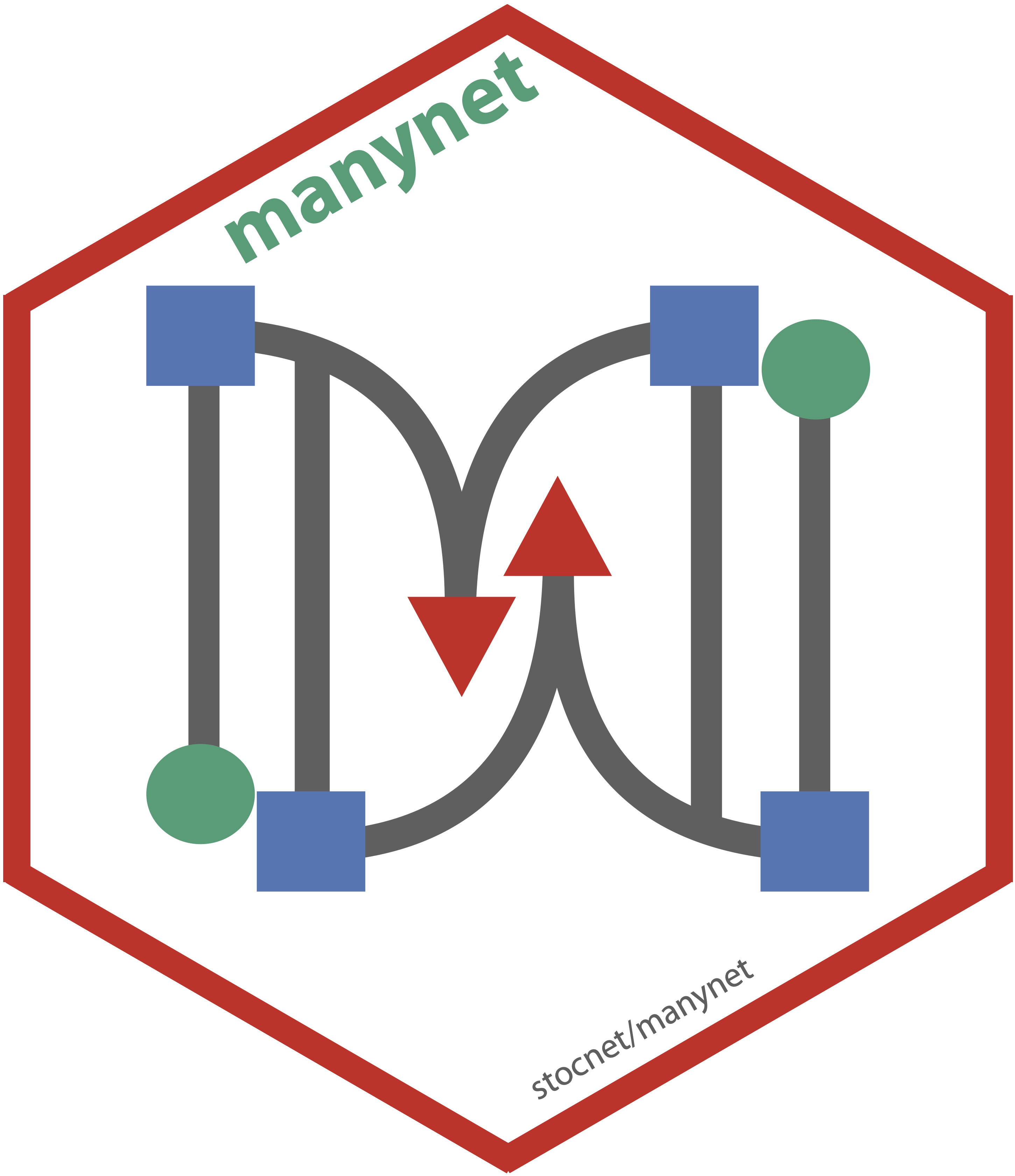
manynet
Many Ways to Make, Manipulate, and Map Myriad Networks
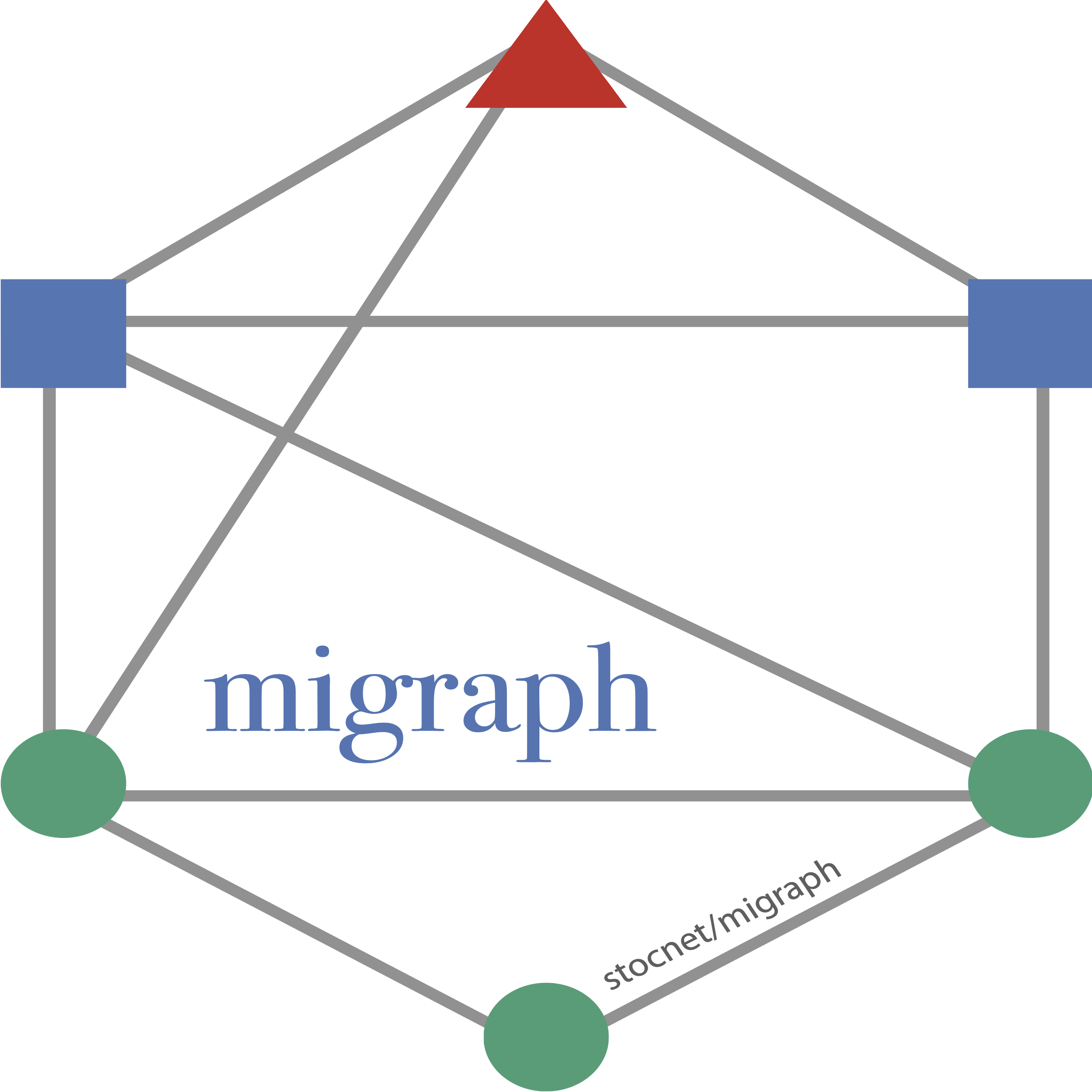
migraph
Tools for multimodal and multilevel network analysis
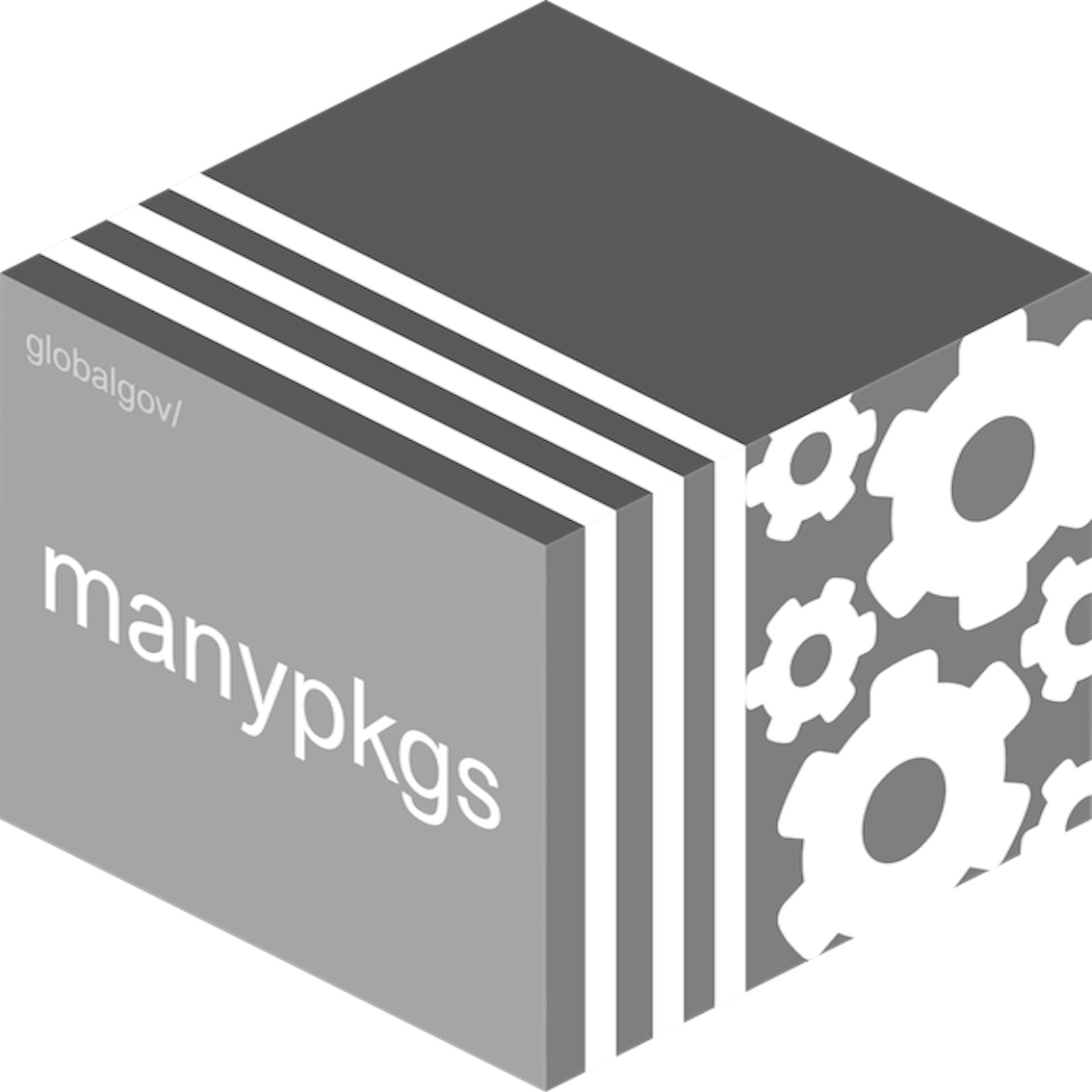
manypkgs
Support for creating new manyverse packages
Publications
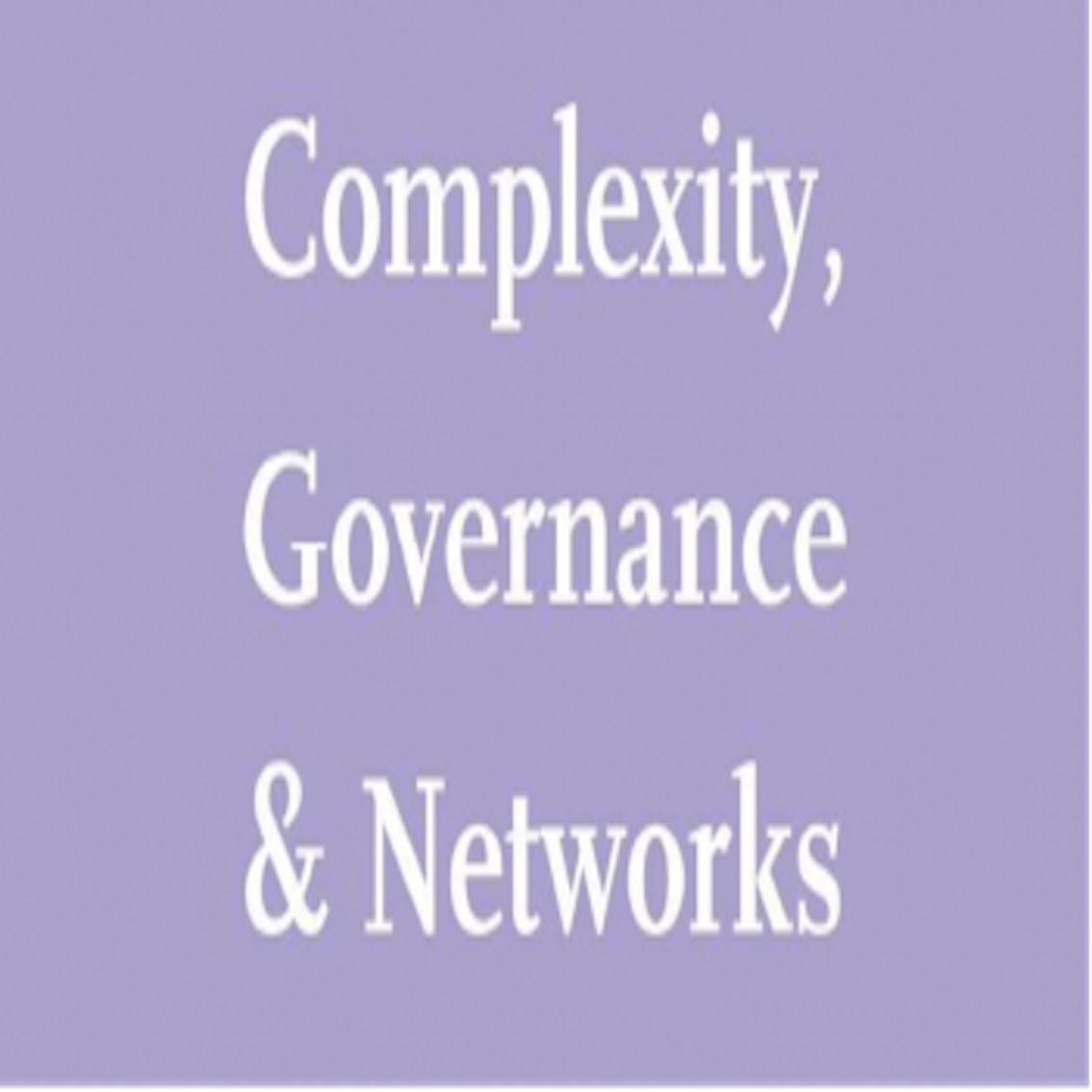
What's Complex About Regime Complexity? It Depends.
Hollway, J. (2021). Complexity, Governance, and Networks 6(1): 68-81.
What makes the collections of international institutions or regimes governing various domains—called in the literature regime, institutional or governance complexes—“complex”? This article examines several conditions for complexity discussed in that literature, and finds them necessary but not sufficient. It argues that the sufficient condition is dependence, and outlines a framework of increasing levels of synchronic (social/spatial) and diachronic (temporal) dependence.
read more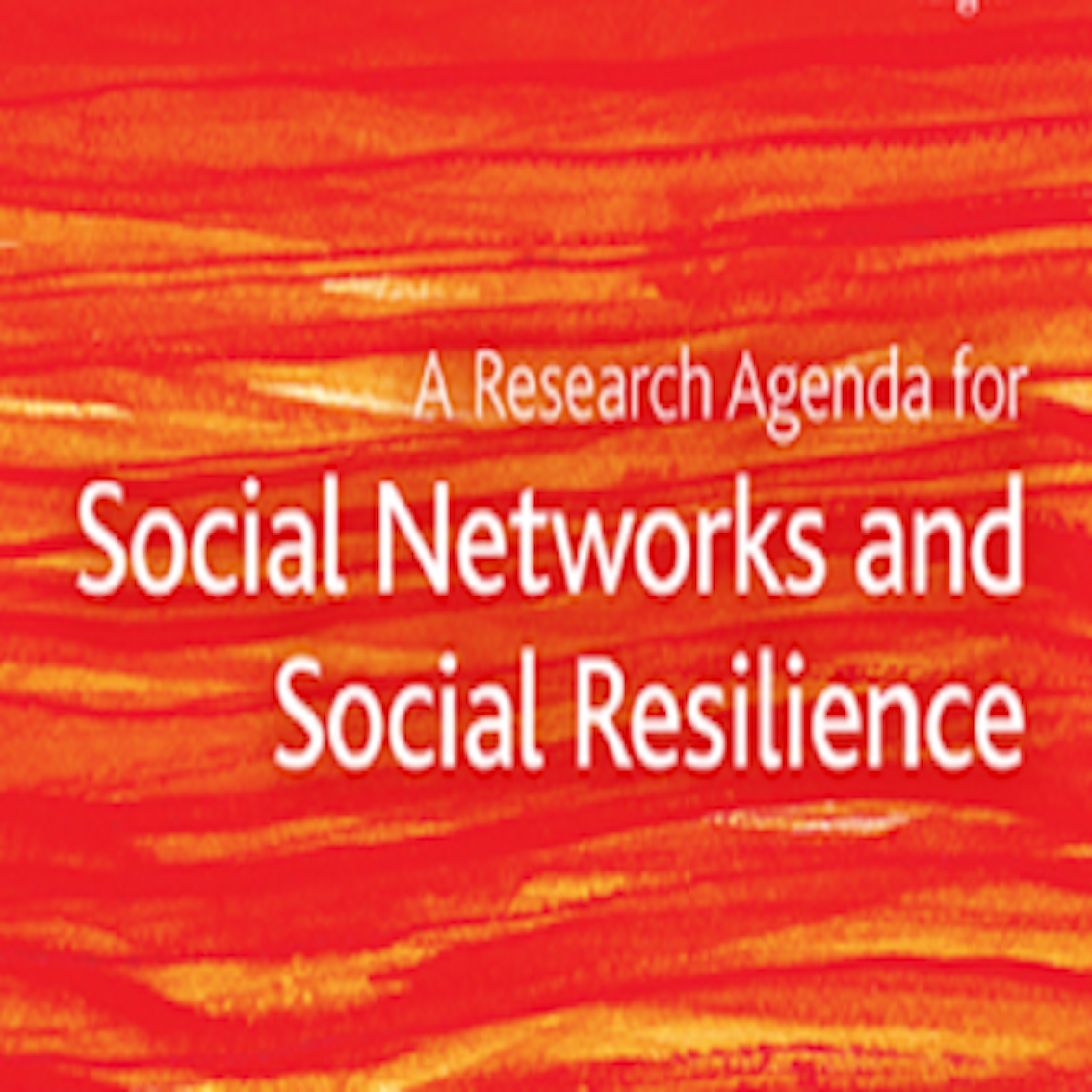
A Framework for Resilience of and in International Networks
Hollway, J. (2022). In: A Research Agenda for Social Networks and Social Resilience, pp. 101-114.
Despite 'resilience' rarely entering International Relations scholars' vocabulary, the discipline is often concerned with how fragile a system or particular actor or institution within a system is. The study of international networks can help bridge the gap between the resilience literature and the problems with which IR is concerned by porting the vocabulary but also helping to provide theoretical and methodological tools for thinking about dependency and change.
read more
Viewing the Global Health System as a Complex Adaptive System: Implications for Research and Practice.
Borghi, J. et al. (2022). F1000
The global health system (GHS) is ill-equipped to deal with the increasing number of transnational challenges. The GHS needs reform to enhance global resilience to future risks to health. In this article we argue that the starting point for any reform must be conceptualizing and studying the GHS as a complex adaptive system (CAS) with a large and escalating number of interconnected global health actors that learn and adapt their behaviours in response to each other and changes in their environment.
read more
Multimodal Mechanisms of Political Discourse Dynamics and the Case of Germany's Nuclear Energy Phase-out.
Haunss, S., and Hollway, J. (2023). Network Science.
The 2011 policy pivot of the German government, from extending nuclear power plants terms to securing their shutdown for 2022, cannot be explained without looking at how the German political discourse network shifted in the months following Fukushima. This paper seeks to model and identify mechanisms that help explain how the two-mode network of political actors’ support for claims developed.
read more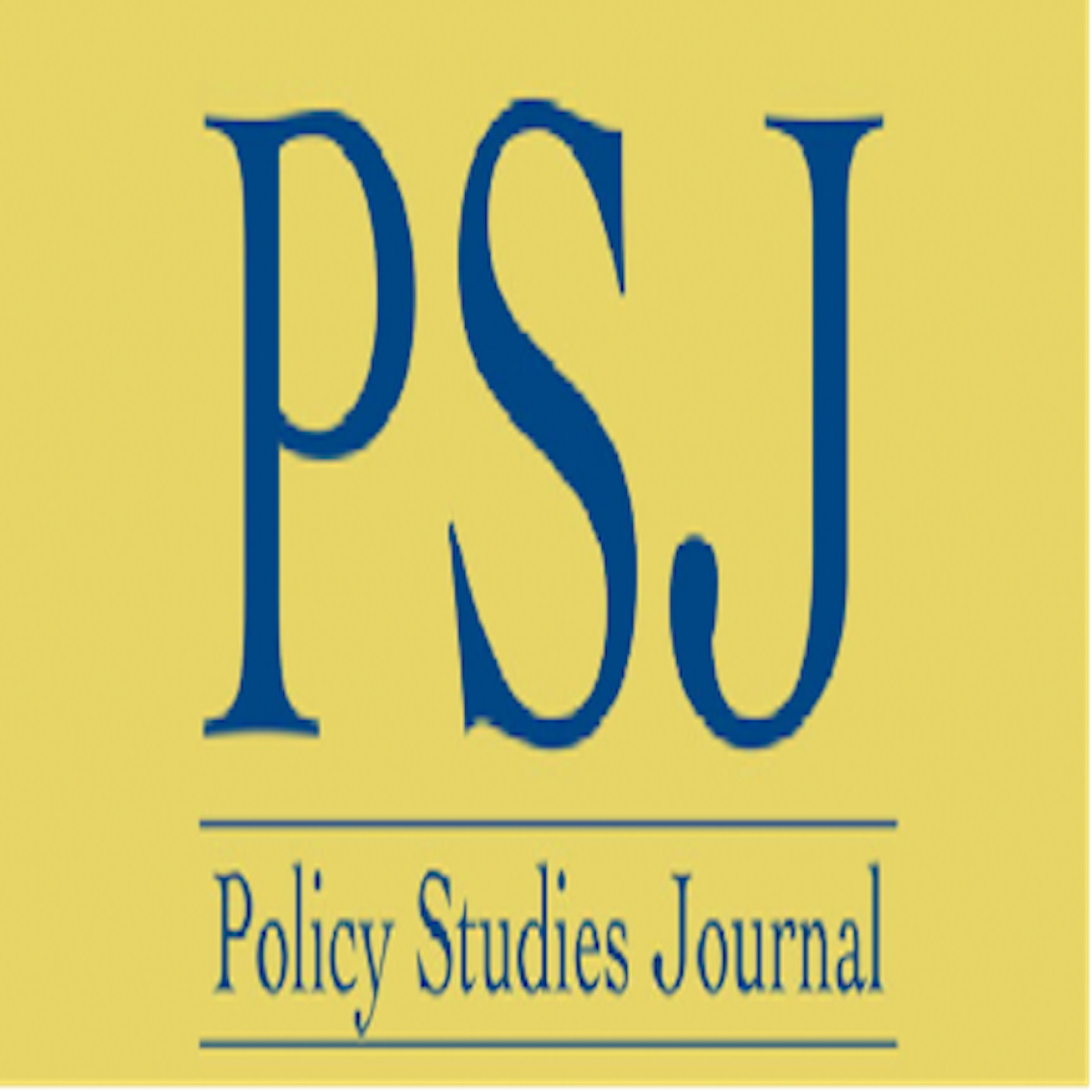
Design Paths of Federal Intergovernmental Cooperation.
Montfort, S., Fischer, M., Jager, N., and Hollway, J. (2023). Policy Studies Journal.
Actors rarely approach institutional design choices with a blank slate but are influenced by design choices made at earlier stages. How does institutional design evolve over time and are there specific paths to deepening cooperation? We investigate the institutional design paths of subnational cooperation that are chosen to address increasingly complex and interconnected policy problems.
read more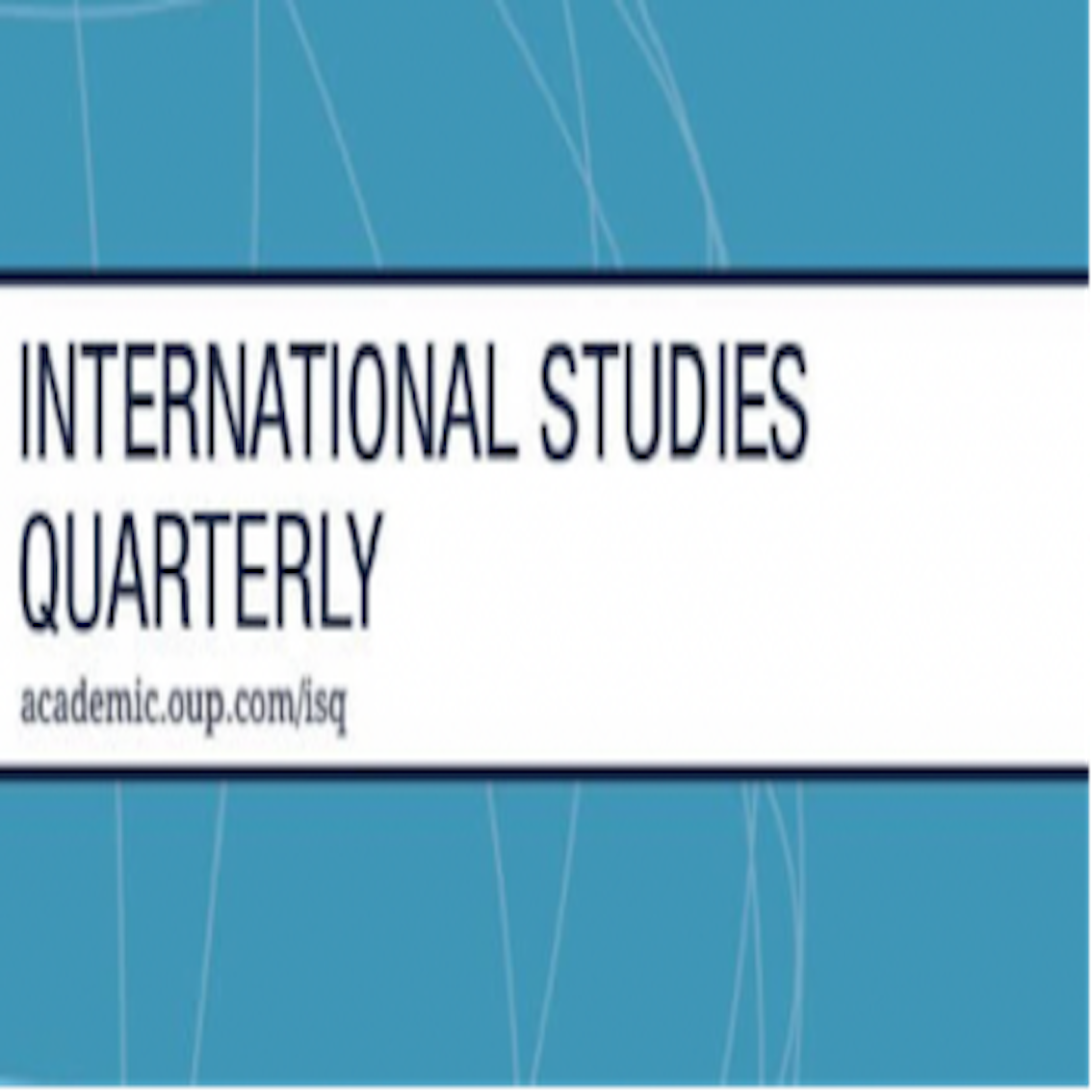
Checking for Updates: Ratification, Design, and Institutional Adaptation
Laurens, N., Hollway, J., and Morin, J-F. (2023). International Studies Quarterly.
Although most international agreements are concluded for indefinite periods, the issues they address and parties’ preferences are constantly evolving. In some cases, parties seek to close any growing gaps between negotiators’ expectations and the changing context by updating their original agreement to its new circumstances. States have several formal tools at their disposal to do so, such as protocols, amendments, and addenda.
read more